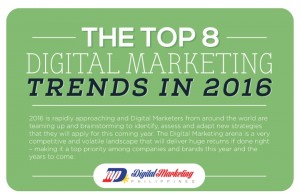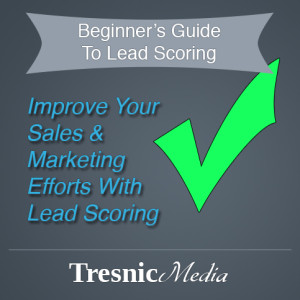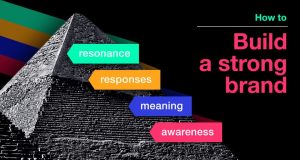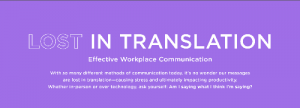August 31, 2016
Google has seemingly slapped down all attempts at marketing for the purposes of SEO in the last few years. Understand that in the past SEO was about stuffing keywords into content and
 throwing out lots of back links. SEO was something you actively worked towards
throwing out lots of back links. SEO was something you actively worked towards
But Google wants you to target real human beings. They don’t want you to think about SEO at all. People like Matt Cutts have been publicizing this message for a long time, so it seems they are serious about this philosophy.
So as a skilled successful entrepreneur where does that leave you?
Is SEO Dead?
The concept of SEO is alive and well, as it always has been. SEO has never died, nor will it. 57% of B2B marketers still see SEO as the most important part of generating leads. The difference is in the way you target SEO. These days targeting SEO is about human popularity. You have to see SEO in an entirely new light. Google has always wanted the most popular websites at the top of the search engine rankings.
Now they have the technology to do that. It’s why two people can perform the same search yet get entirely different results. Everything is based on what the searcher has done in the past.
Content is King
SEO is now driven entirely by content. If someone views your website from Google frequently, they are more likely to see your website again when performing a relevant search. In short, content is king and you have to be able to adapt to that reality.
What sort of content should you produce?
 For a start, your content has to be directed towards a specific niche. Don’t try to be everything to everyone or you are sure to fail. You have to be able to drill down into the various niches and find your audience. Yes, this will mean less traffic, but it will mean more targeted traffic.
For a start, your content has to be directed towards a specific niche. Don’t try to be everything to everyone or you are sure to fail. You have to be able to drill down into the various niches and find your audience. Yes, this will mean less traffic, but it will mean more targeted traffic.
The people whom are most likely to buy from you are in an extremely exclusive group. You have to be able to target this group because less traffic could mean more revenue in the world of today.
The sort of content depends entirely on what your target audience responds to. Do they prefer images, infographics, video content, or plain old long-form blogs?
Social Media and SEO are Integrated
Ever since Google incorporated Twitter into its search results, it created a new world of SEO and social media. Google may not like social media because they serve as competitors for how people search the web, but they also fit in with their goals of making their search engine more reflective of what people want to see.
The only way to be successful on social media is to fulfill the needs of your customers. If you are unable to do this, you can forget about ever making it to the top of the rankings.
Your SEO strategy and your social media strategy have to be integrated. They are almost the same because they are both driven by great content. The difference is social media is more about building relationships with people so you can build that thriving community and attract more followers.
Real Human Relationships
Drill down into SEO and you will see that it’s about forming a connection with your target audience. You will know who they are and you will speak to them directly. Forming real human relationships in this way will ensure genuine popularity, and that’s something Google can’t fail to notice.
What you have to keep in mind is that this takes time. Long gone are the days when you could order 100 articles stuffed with keywords and you would see yourself flying up the rankings.
This is a slow process that requires a lot of effort on your part.
Forget About Automation
Finally, since SEO is still here and it’s integrated with the socialness of social media you need to know that automation is no longer an option. You have to be present on Twitter, on Facebook, and on your website to respond to people quickly. People are not going to be happy if you are automating everything.
You may need to employ someone on your team to handle these duties on a full-time basis. It may seem like a big investment to make, but it’s a worthwhile investment to make.
Conclusion
SEO is not dead and it won’t be dead anytime soon. But the game has changed. How are you going to respond to this changing landscape?
Digital & Social Articles on Business 2 Community(184)









